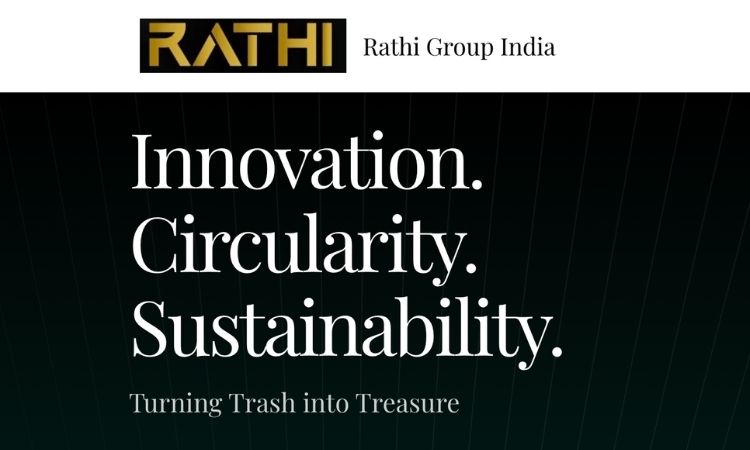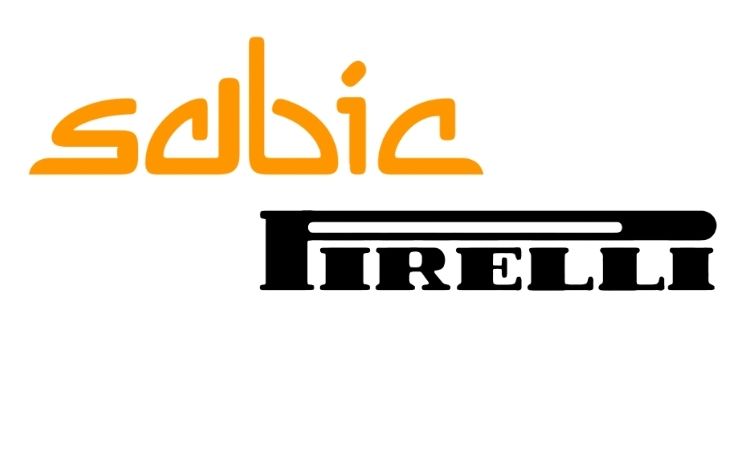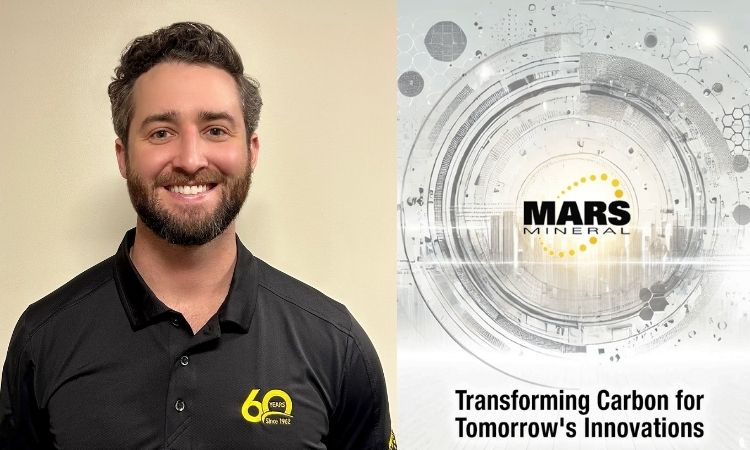Porous pavements from recycled tires created by University of Melbourne, PorousLane and Tyre Stewardship Australia
Tyre Stewardship Australia recently reported that efforts of its team, combined with a huge work done by the University of Melbourne and PorousLane, now enable to successfully turn end-of-life tires into new flood-free and permeable pavements suitable for lightly trafficked urban surfaces such as footpaths, bike paths, tree protection zones, driveways, residential and commercial developments and parking lots.
The video below showcases the environment-friendly pavements that are already lining the streets of Melbourne and Adelaide.
The University of Melbourne writes in its press release from October 5, 2021:
“When water can’t penetrate the ground, waterways become polluted and trees don’t get the nourishing environment they need. Stormwater runoff picks up pollutants on its way to the nearest river or creek, and the ground around trees can become dry, with less water going to their roots. And the risk of flooding increases. But environmentally-friendly paving options, which filter water rather than collecting it on their surface, are becoming increasingly available in Australia. And one of the newest products uses recycled tires, increasing its sustainability credentials even further.”
Researchers from the University of Melbourne have developed environmentally friendly, permeable pavements made from recycled end-of-life tires. Video by University of Melbourne.
The University of Melbourne adds:
“Born from University of Melbourne research and trialled with the City of Mitcham in Adelaide, Porous Lane uses old tires to create permeable pavements that can be used for walkways, driveways, carparks and tree protection zones. They reduce stormwater runoff, protect against flooding, and divert more water to tree roots.
“Widely used throughout Europe, permeable pavements are starting to attract attention in Australia, as governments seek to reduce the environmental impact of infrastructure developments.
“Associate Professor Mahdi Disfani, a geotechnical engineering expert at the University of Melbourne, leads the research underpinning Porous Lane’s sustainable pavements. Initially drawn to the challenge of recycling old tires into a useful, sustainable new product, he says he has also enjoyed the challenge of making his research commercially viable and creating industry impact.”
To read the full story about how the project was created and developed, proceed to the article by the University of Melbourne.
Weibold is an international consulting company specializing exclusively in end-of-life tire recycling and pyrolysis. Since 1999, we have helped companies grow and build profitable businesses.









